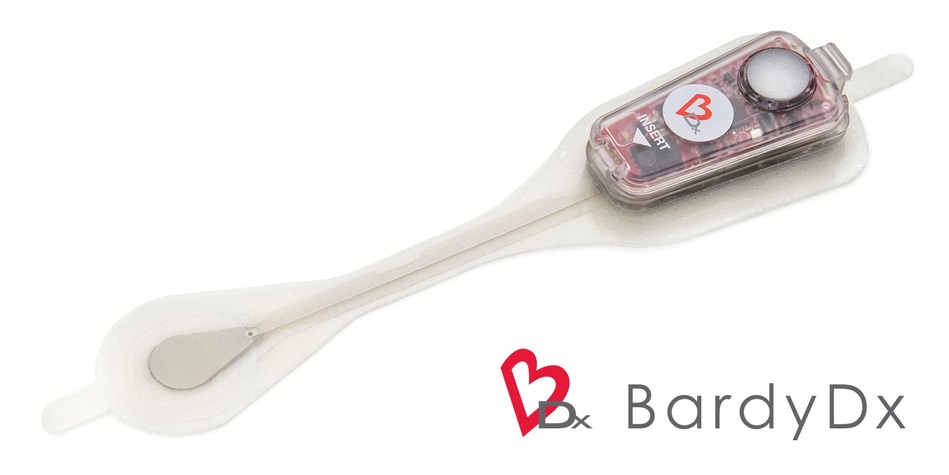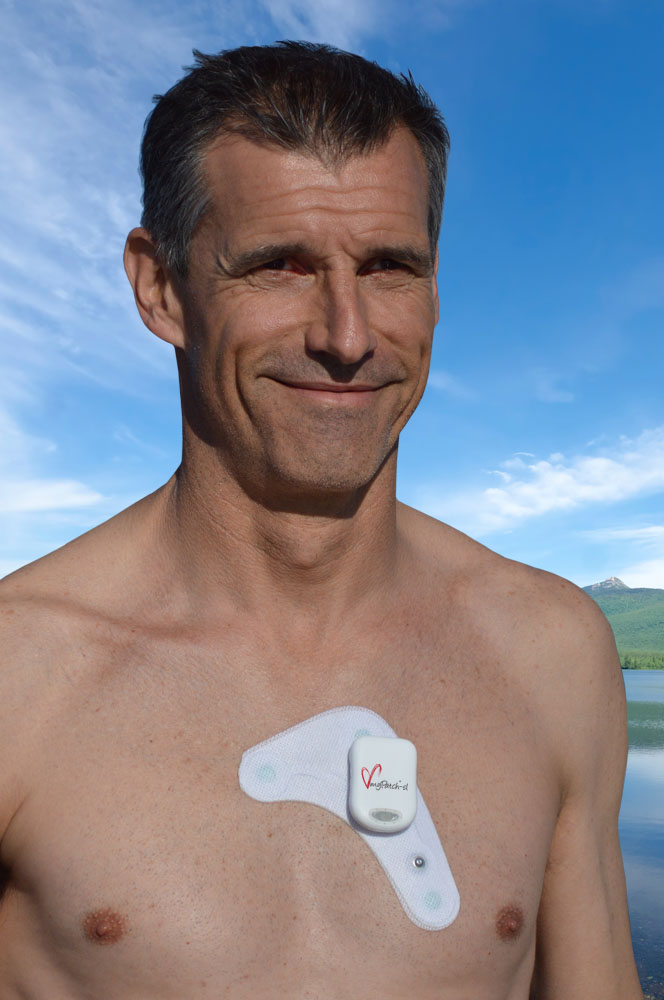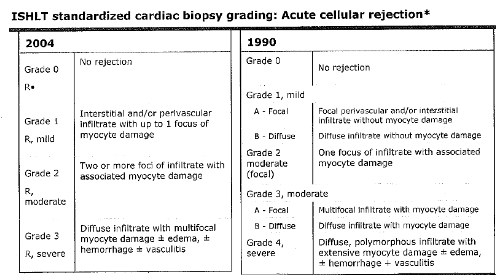Conventional monitors can only be worn for up to 48 hours. In many cases thats not enough time to get a full picture of the heart.
 Bardy Diagnostics Announces Ce Mark Certification For 14 Day Carnation Ambulatory Monitor Cam Patch In Europe And Expansion Of Home Enrollment Program Amidst Covid 19 Crisis
Bardy Diagnostics Announces Ce Mark Certification For 14 Day Carnation Ambulatory Monitor Cam Patch In Europe And Expansion Of Home Enrollment Program Amidst Covid 19 Crisis
In rare cases a physician may order a 14 30 Day Holter Monitor.

14 day heart monitor. The monitors record the electrical signals of your heart continuously over a 7 or 28 day period. While 24-48 hours may be sufficient for some for others it may not be enough time to gather information in patients with intermittent heart rhythm disturbances. Enrolled patients will wear a traditional 24-hour Holter monitor and an 14-day EZYPRO which can provide monitoring data for up to 14 days.
You wear this portable monitor during your normal daily activities including during exercise sleeping and. If long term monitoring is desired then there are non-wired monitors that can be carried around and placed on the skin when symptoms occur. The data taken from the monitor about when arrhythmias occur and where in the heart they are coming from can help your.
With Medicomps advanced diagnostic technology physicians can catch elusive and potentially life-threatening events for quick diagnoses. A symptom event monitor can be either a hand-held device or worn on your wrist. If the symptoms are less frequent a longer-term monitor is the next step.
Call us today at 1-800-23-HEART to learn more about our telemetry units Holter tests and other cardiac monitoring. I put links to each Amazfit GTS Fitness Smartwatch with Heart Rate Monitor 14-Day Battery Life Music Control 165 Display Sleep and Swim Tracking GPS. Unlike the looping memory monitor.
When you feel a symptom or irregular heartbeat you place the monitor on your chest and activate a recording button. Create a service that would provide continuous accurate data unseen in. Like the Holter monitor it records how your heart is working over a two-week period.
An event monitor is for long-term monitoring up to 30 days. While the cardiac monitor is attached you will go about your regular activities and return the device to your doctor or the cardiac monitoring lab at the end of the procedure. Patients will be enrolled by outpatient basis from two clinical study sites.
That is not continuous though and only record when the monitor is placed on the chest. In the rare cases where a long term continuous monitor is needed 14 day Holter there are several cardiac monitoring companies that have Holter Monitors capable of recording up to 14 days. The electrodes are connected to the monitor in order to record.
Holter monitoring is a generally a 24-48 hours of continuous ECG monitoring. For some concerning symptoms your doctor may order an event monitor or extended holter for up to 7 or 14 days. Many now claim that a 14 day Holter Monitor is capable of capturing various forms of arrhythmias such as intermittent atrial fibrillation to improve stratification and risk for stroke.
Your heart monitor provides your physician with data necessary for diagnoses for a wide range of populations including geriatric diabetic and pediatric patients. If the monitor is worn on a wrist you press the button to record. On the first appointment the monitor is fitted and this takes about 20 to 30 minutes.
This approach to heart monitoring makes it easier for both you and your doctor to gather the right information and determine if you have an irregular heart rhythm or arrhythmia. This is an open-label study to investigate the functional features of prolonged monitoring by 14-day EZYPRO to improve the medical care andor diagnosis for the patient with arrhythmia. One sticky electrode is attached to the centre of your chest and another to the left side of your chest.
With removable sensor and extra patches for up to 14 complete days of continuous ECG recording From BioTel Heart a lightweight ECG recorder using advanced patch technology that adheres to the chest maximizing every patients continuous ECG recording potential. Some Holter type monitors can be worn for up to 14 days. The Holter Monitor is generally the first study ordered by Cardiovascular specialists when a patient has suspected ECG abnormalities or symptoms that are not captured with a standard real time 12 Lead EKG.
The Zio monitor can be comfortably worn for up to 14 days. 14 day Holter Zio patch Zio XT is a small wearable heart monitor that can continuously record your every heartbeat up to 14 days as you go about your daily life. Create a continuous heart monitor that could be worn for up to 14 days.
Holter monitors can be worn for 24 to 48 hours limiting the time to record any irregular heart rhythms you may have. This stores your ECG in memory. And monitoring a patients heart rhythm for a few minutes or even hours over the course of a doctors visit often doesnt provide enough data for.
Zio is able to capture data for the 51 of patients who have their first symptom-triggered arrhythmia after 48. More recently there has been increasing use of monitors. The back of this device has small metal discs that function as the electrodes.
The 14-day ECG monitor is used to detect abnormal heart beats that may occur infrequently.


